The second hardest thing about being an artist is processing the opinions of others. We do it all the time both subconsciously and overtly- and most times we do it wrong. We misunderstand the meaning and effectiveness of praise and criticism, constructive or otherwise, all the time and largely this is due to a failing of our egos and how healthy we see ourselves and our work. We get excited by high praise and we poison ourselves with hate mail, but the secret is realizing we don’t have to do either. It’s up to us to decide to participate in this roller coaster, or not, and the solution is absolutely not to avoid them, but overcome them and give them the proper context to address them. Below is a list of places where you will fight this fight, and some opinionated options on how to win them:
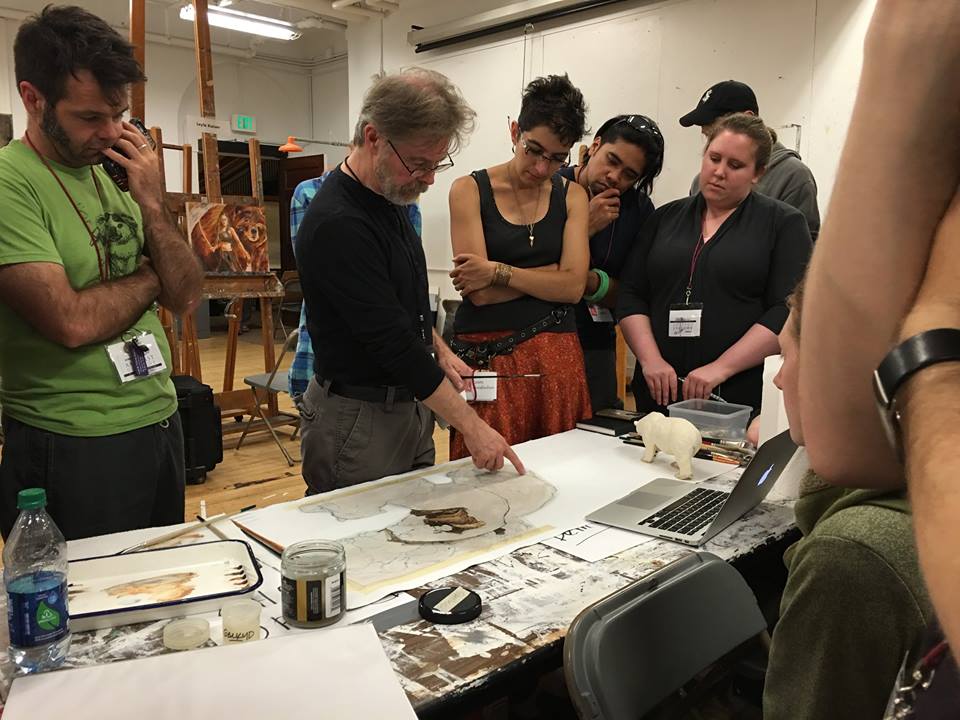 |
| Greg Manchess bring the bizness at IMC. (photo by Christine Rhee) |
This is, and always should be seen as an act by the reviewer of his or her utmost devotion to you as the artist, and to their job. They are long, and rough and hard and are almost always volunteer positions. The first thing you should always say to anyone taking a look at your folio, whether at a con, a class or online is THANK YOU. And do this before and especially after- no matter how it goes. The people that usually conduct these things are career professionals and they know what they’re doing. This isn’t to say every reviewer is the right one for you- if you got a chance to have an AD from say, Pantheon, review your superhero-themed portfolio, then expect a rough ride. They don’t do cape books and like as not the person from that place assigned to review won’t dig them either. So know and choose wisely, the place where you intend to hear advice first and foremost. After this, take everything said to you by anyone reviewing your portfolio seriously. If you went to them with your work, even if it’s Kent Williams at Comicon, for example, whose art you adore… don’t start rejecting his insights if he doesn’t like what he’s seeing. We often do this as a protective measure against bad news, but you went to HIM with your folio so at least give credit to the impulse and respect you had going to him. A reviewer’s job in my opinion, is less to toot your horn and more to attack your weak areas and make your next pieces better. It hurts to have a stick poke your sensitive parts, and reacting to that by withdrawing from the poke or counterattacking is as understandable as it is wrong as a means to respond. Your job as an artist is to keenly see yourself and understand what you’re doing. You going to a folio review is a means towards honing that. Don’t blow it over hurt feelings.
We all get them, we all will continue to get them. No one who is successful at their job in this field has ever not gotten a rejection letter. They sound like YOU are being rejected but they could simply, and more likely be, that your project is not the best fit, for a myriad of reasons, with their publishing house, gallery or group show. They do not mean what you are doing is wrong, or that you should do something else… it just means not now, not there. As with the Folio review, and frankly with all these arenas, it’s all about that context. See it as not so much losing, but a call to find an avenue for winning elsewhere. We all hear stories of how Harry Potter was rejected by 50 different publishers before it found its home, but we’re remiss if we see it as a failure of these prior rejections as simply being wrong, and laughing at them for their foolish miss. A lot of actors pass on roles in films that then become iconic hits, but it doesn’t mean if they went back in time, their participation would yield the same hit result. It’s the same with publishing or gallery shows: Where you are matters, and the context you intend to be in matters too. A Scholastic might not be the best place to publish your non kid-friendly social satire story or comic. If they accepted you against this conflict, they could not promote or convince their specific audience to see your work, and therefore would guarantee it’s failure. Even if you REALLY want to be in a place that rejects you, that doesn’t mean you wouldn’t do better elsewhere. Again this is about the work, not you, or your ego. If you’re lucky and the reject letter comes with a critique- a rare gift indeed- then really study that. If they bring up topics you can argue against legitimately, they could be wrong. If not, then assume they’re right. Know that getting rejected more than getting approved is more about you casting an appropriately wide net, or that you are promoting something new that is harder to immediately say yes to. Sometimes it’s about you not quite being at the right level, or some screw up on your end in the way in which you pitched, either in person in how you presented yourself, or via mail in how you came to the offering. These folk see SO many pitches, the first and natural instinct to triage the mass is simply to first cull based on shortcomings in the pitch itself.
This is a sticky area and should and easily could be divided into two camps: Established Reviewers such as Kirkus, PW, etc… and Online Reviews via Twitter, personal blogs, message boards or commentary sections, and so on. I personally have had a lot of experience with being reviewed and while overwhelmingly more positive than negative, the negative ones are the only ones I ever remember. We all do this- blame out centuries of being a prey animal for this: we are genetically predisposed to only learn from error and rarely if ever, from success. A simple example is fire- we all of us only truly learn not to touch it by touching it and then practice not touching it again as a response to that prior failure. No matter how much we are told it burns, we need to experience being burnt to get it.
The hardest and most painful reviews are the ones that will cut against your strongest areas of pride in your work, and poke directly at your secreted weaknesses or worries with it. When they can see you hiding your weakness or call attention to one you know is there, watch out. The danger of the overly effusive review is to stop thinking critically about your work and start acting as if everything you make is pure gold from sky itself. You should also sometimes note that a book reviewer may miss entirely the point of what you’re doing, and aren’t qualified to review your work. These folks are sometimes given assignments as an affect of their job, and it doesn’t mean they are the right people for the job at the time. The ones that truly see inside of what you’re doing will be obvious, the ones that simply don’t get it, will be too. But don’t make the mistake of using one as an excuse for the other as a means to feel better. If a legit review comes in that nails you and undermines your confidence, ride that sucker out. Hug it. Let it in within a realm of context and countermand it where you are able and take as truth where you cannot.
These are the artist’s gold standard and proving ground for all the reviewing and crits you will have the rest of your life. They can be hard and impolitic at times and they should be. They typically combine both professor input as well as peer review from your class in real time. I’ve seen them go great and I’ve seen them act as proxy wars for outside personal beefs between students- (which is wholly unhealthy by the way. So don’t ever let one go too far on those rails. If it seems like that’s what’s occurring, cease the crit or make sure one of you in the fight stays silent. Best to keep it professional and respectful always no matter what you’re doing and letting it spin out of control into some dog fight you hadn’t finished before the class just robs you and the students of any meaningful learning). The in-class crit is so helpful in so many ways and should be a regular if not at least weekly thing in your art life. Class is the safe womb where you can really feel free to screw this up and learn to get it right before you go out in the world. The learning curve there is infinitely steeper and far more consequential, so really take advantage of this kind of thing. When I was at Pratt in the Painting Program there, we’d break out of our little cubicles, sometimes two or four a piece, gather and start walking the studio floor talking about what we were doing, and stopping into friend’s areas and engaging in spontaneous friendly crits of the work- always asking first of course. But those walk-throughs were as helpful if not more than any that happened in class. It’s the incubator for your latter day peer group and friend reviews we’ll get to next.
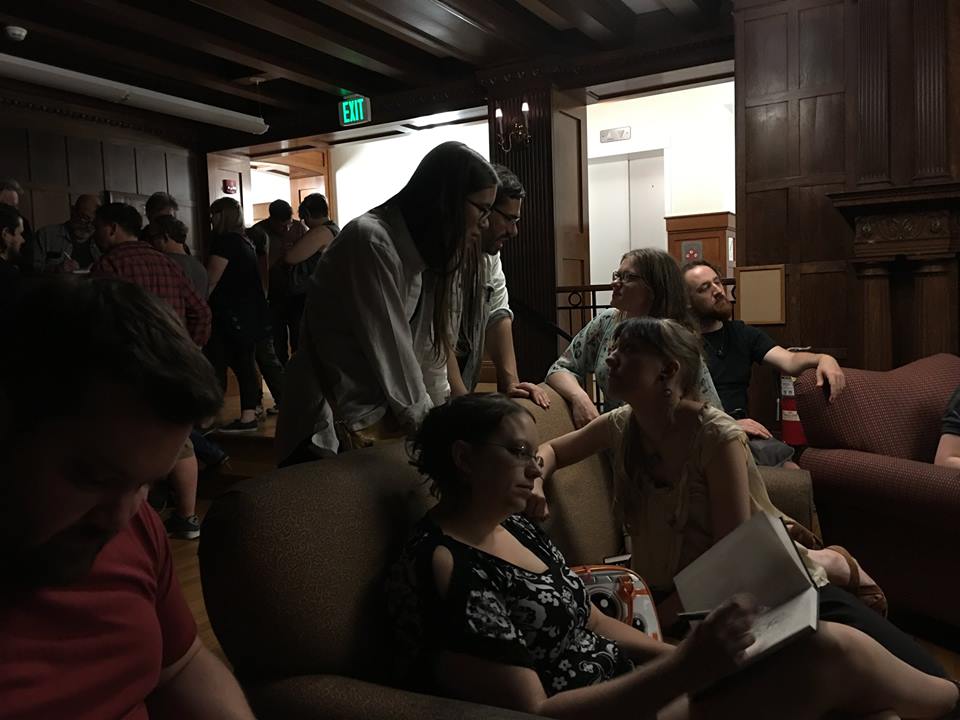 |
| The friends of IMC (photo by Christine Rhee) |
This can be some of the most fraught and often times, the most deceptively unhelpful of all the categories. Your friends and family presumably love and support you, and as such have a conflict of interest in reviewing your work. Some spouses and colleagues can overcome this no doubt, but it’s rare and often timers the desire not to wound overtakes any legitimate cause to do so a professional, outside review can do easily and with mindful purpose. Your friends are a support mechanism, and they should be. If they see something that bothers them, this is where knowing the context of what their saying is most crucial. Some in my family for example, are dismayed when I make “dark” or spooky art, and wish I would spend my efforts more on happy spiritually uplifting imagery. They are evangelical christian and see the world through that lens, which I do not, and I always take this simply for what it is: the wrong audience for the work and therefore something to see in that context. What they want to see isn’t definitively something I can provide and as a result this particular note is not relevant except to note that perhaps I tend towards the spooky side of the street, and family can’t agree on everything. That said, when my wife who too her great suffering must see ALL that I do each and every day, says she likes a piece out of the blue, then it lands like a firework display- because of that previous context and that I respect her insights above most others on this planet. Don’t begrudge your friends deferring to silence or a pat on the back when you maybe wanted a whipping- they do it to make you feel supported and that’s a valuable trait. The ones that can suspend their love for you to tell you a hard truth… they may seem like meanies, but if you can handle it, and you should learn how to, then they can be more valuable as a source of insight than any other source anywhere. Hug them the most.
Ignore these. Avoid these. Pretend these do not exist. Your chances of a confidence crushing hellbeast is better than 70% in these environments and those odds are a reason to run. These are often negative as a baseline because the amateur reviewer is often looking to legitimate his or herself via negative critique, or more often than not, they’re just dicks. The good ones are so rare as to not justify the rest or the risk to your psych in going to these places. And do not, for the love of all that’s holy, ever participate in counteracting the narrative in any way. You just feed the worst part of the dynamic and reduce your cache by shooting down. Nobody was made worse by skipping these so skip hop and jump right on by these always and forever. Seriously.
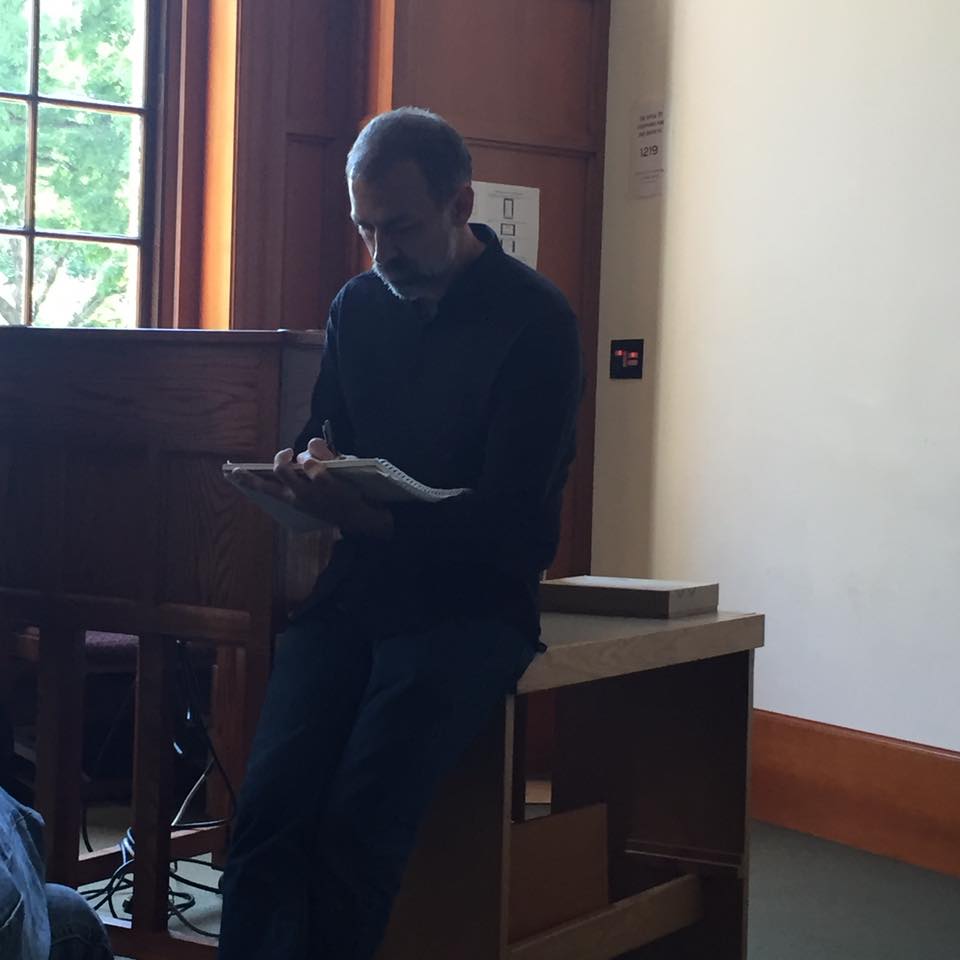 |
| Donato Giancola |
Finally it all comes down to how you process what’s coming in. Giving any outside opinion too much credence is never good. You must be Master of your Domain. Knowing yourself full is the best medicine against being overly influenced by the opinions of others, however scholarly they may be. And unfortunately, by my experience, you only really start to get a true handle on this from experience and time and growing up. Know you will get a bad review or opinion, and more to follow. Don’t make your whole world about it, but don’t dismiss it out of hand because it’s not what you want to hear. None of us want to hear what we’ve worked so hard on doesn’t work, but sometimes it doesn’t. Create a room in your head where these opinions can live and be sequestered for later use. NEVER let these opinions dictate what your next piece will be, or have that noise in your head while working on it. If you’re lucky enough to hear a review in time to fix a weakness, then by all means go for it. It’s why we have Editors and Art Directors and Peer reviews and classes and why we go to our friends and family. We need to be in a position as creatives to be blind to our whole work so that we can be inside it enough to truthfully express our vision. That means we are wholly not capable of offering a truly objective review of our own work, and that is a good and essential thing to remember. Whatever the insight, positive or negative, be sure to leap out from inside it and see it objectively as a librarian would sort a stack of books into the genres for the shelf: be clinical. Falling to hard for a good review or a moment of success can be just as dangerous as believing too much in a negative critique or the failure of a project. Remember, Where the Wild Things Are was a hated and market failure for the first three years of its life until somebody could see why it wasn’t. Then everything changed and something bound for the remainder pile became a staple of childhood literature forever. If in instances like this, failure or success rely upon such gossamer events to explode or fizzle, then its less about you, or your work and more about time, context and frankly… luck of the draw. Keep making every piece about making the next piece better and you will, and these outside opinions can be properly tamed. Treat every piece like it’s the last piece of art you’ll ever make… until the next one.


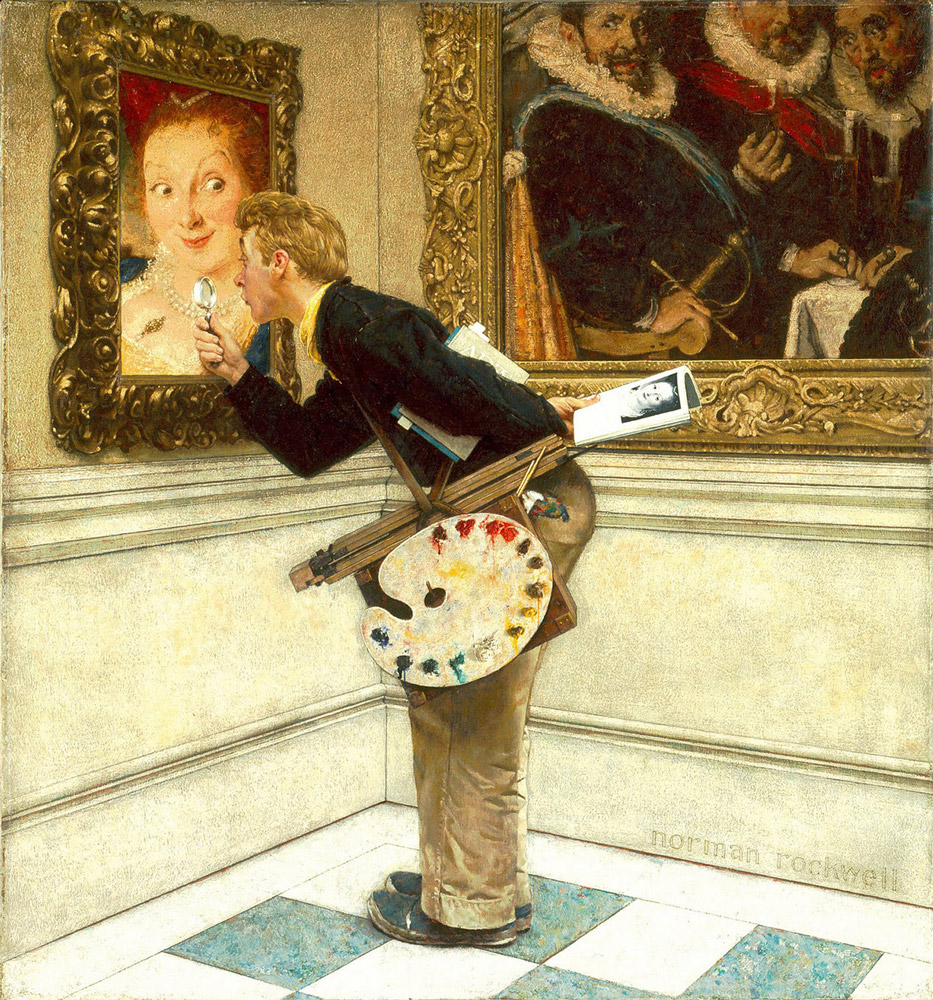
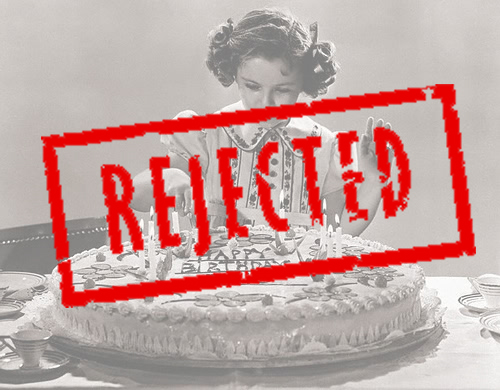
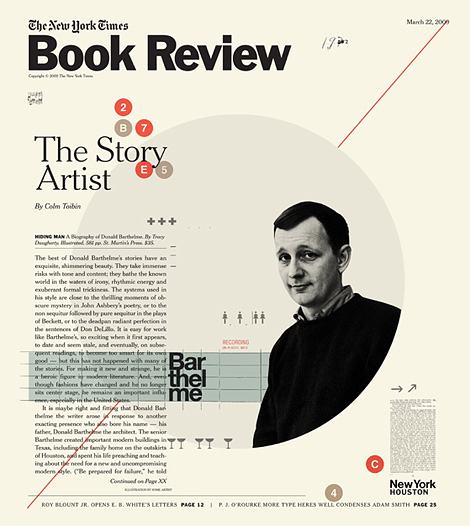
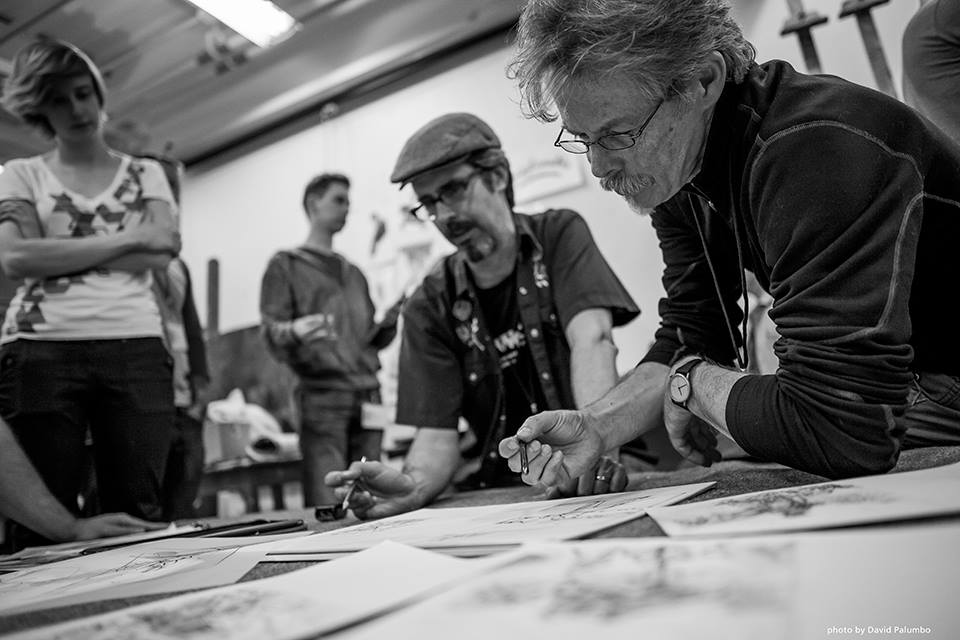
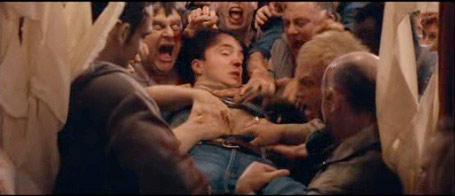
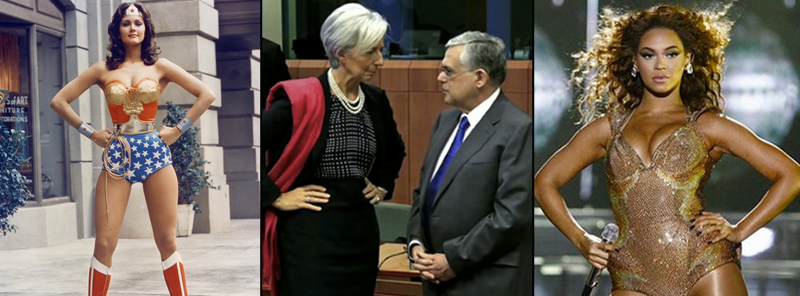



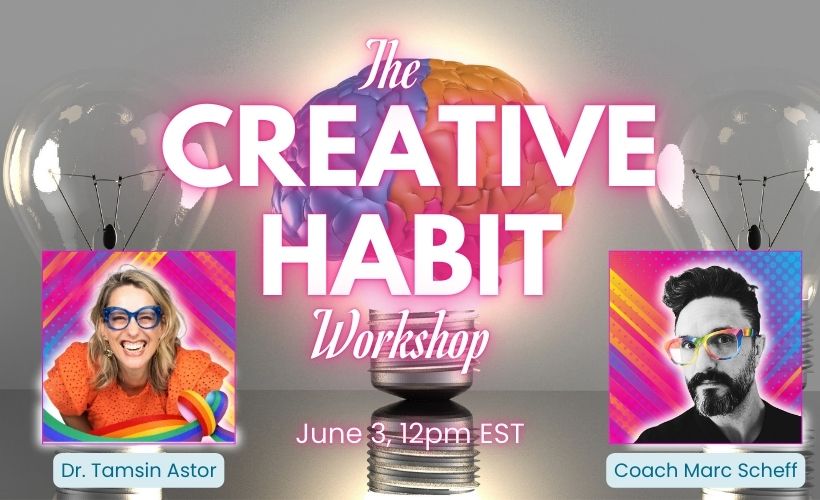
Really worthy post on a topic we often don't think about until we encounter it directly.
I always found the art school critiques easy to take because they were always based on improving and how well you hit the assignment so my experience was objective positive crits even when the focus was on weakness'.
The rejection letter or email notification is so anonymous I feel disappointment first so I have never really experienced hurt feelings over them.
I think you are right we generally remember the negative ones more.
But how we process them is the most important if we want to maintain any kind of sanity.
I remember Dan here on a Muddy post saying something about, if everyone likes your work you are doing something wrong with respect to some negative reviews. I'm paraphrasing of course so correct me if I'm wrong Dan.
It is that kind of insulation (processing) against nonconstructive negative reviews we need to keep going in our work.
You touched on several points here. Sometimes it is the wrong audience, the wrong reviewer or maybe they just don't get it. Try not to always take it personally.
I have remind myself some reviewers just don't KNOW ENOUGH (about art) themselves.
It is the same with teaching. You can't teach what you don't know. So it stands to reason you can't really effectively or objectively critique if your knowledge is limited.
I agree the toughest are the ones… “… that will cut against your strongest areas of pride in your work, and poke directly at your secreted weaknesses or worries with it.”
We then have to face some demons and if we process it right we can use it as a positive energy.
Incidentally I have had some positive ones (friends family) where they 'missed' so badly I ended up perplexed and in some way took them as negative reviews, asking myself did I do that poor of a job?